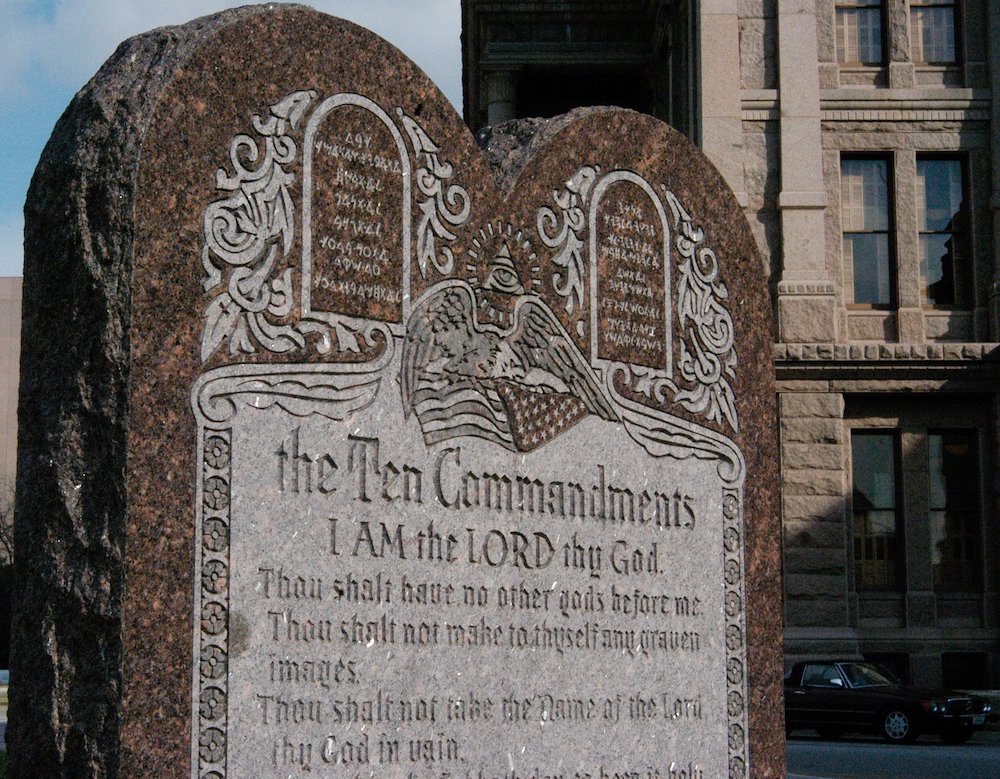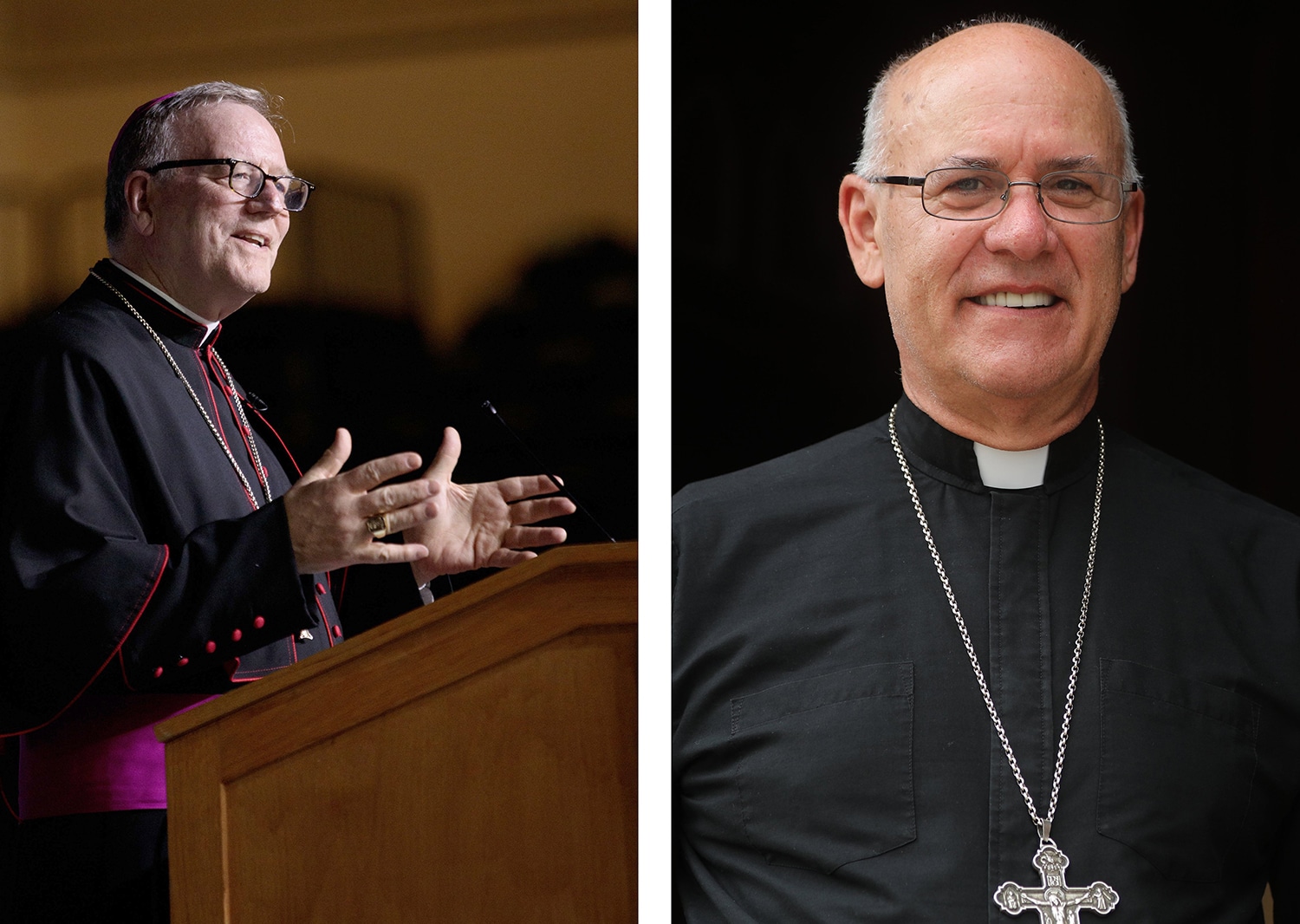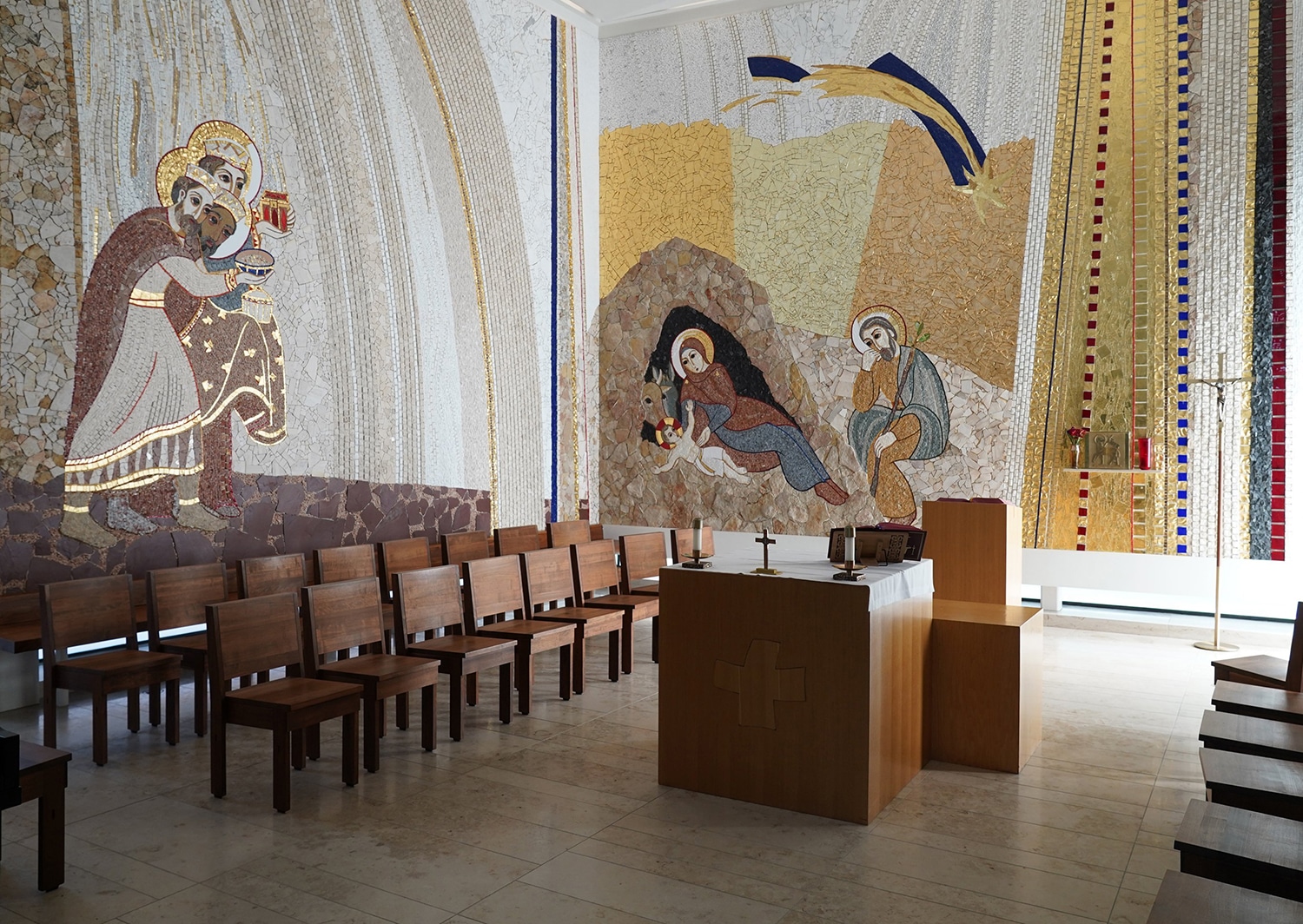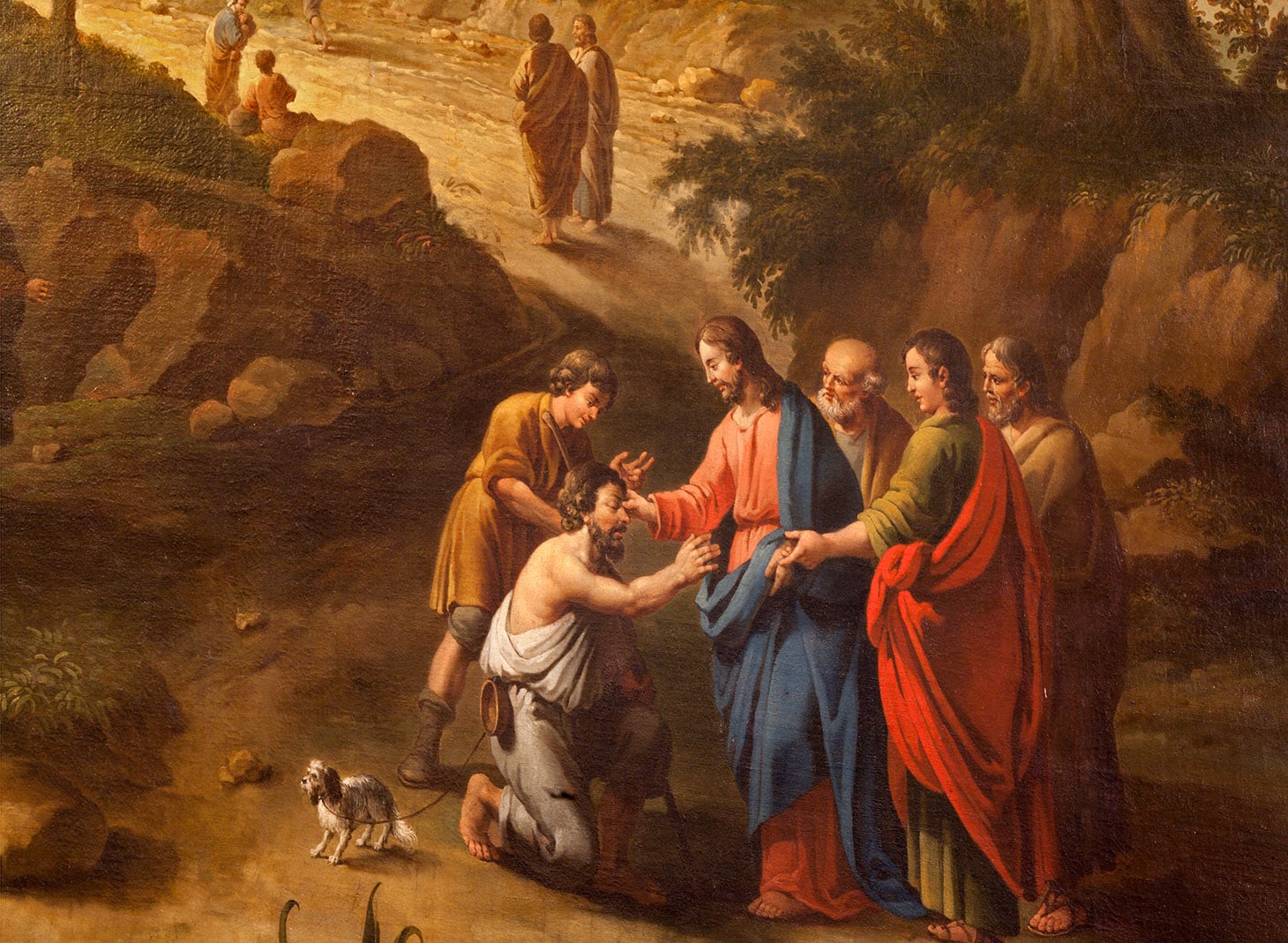“We cannot break the Ten Commandments,” legendary American filmmaker Cecil B. DeMille once said in a commencement address. “We can only break ourselves against them — or else, by keeping them, rise through them to the fullness of freedom under God.”
How many times must DeMille have thought of the true nature of law as he worked on what would be his most successful work? DeMille’s 1956 film “The Ten Commandments” is an epic worthy of the name. Created using more than 14,000 extras and 15,000 animals, it was filmed on location in Egypt and the Sinai Peninsula. Nominated for seven Academy Awards, it is the eighth most successful film of all time according to the Guinness Book of World Records when the box office gross is adjusted for inflation.
DeMille understands a truth that is all but forgotten today. God’s law is not constrictive, it is liberating. We have not won or created anything when we defy God’s commandments. Because our liberation consists of not rejecting them but conforming to them.
“God’s law is liberating, directing us to fulfill our potential and seek what is above.”
“We are too inclined to think of law as something merely restrictive — something hemming us in,” DeMille says in his speech. “We sometimes think of law as the opposite of liberty. But that is a false conception.” God’s law is liberating, directing us to fulfill our potential and seek what is above.
A lesson with LEGOs
Growing up, I was a LEGO fanatic. I had many sets: a fire station, police department, airport, etc. I had so many, in fact, that my mom actually built a loft for my bed so that my LEGO urban kingdom could continue to thrive and expand. (My 6-year-old self thought it was glorious.)
I routinely noticed, however, that although I found it fun to create my own buildings and vehicles, the sets designed by LEGO were more sophisticated. I preferred them, building according to design. It made for better play.
“The Ten Commandments are not an arbitrary imposition of a tyrannical Lord,” Pope St. John Paul II said. “They were written in stone; but before that, they were written on the human heart as the universal moral law, valid in every time and place.” They are inescapable, coded into us. Insisting on breaking the commandments will only leave our hearts broken.
When the commandments were first given, God led Israel forth from slavery in Egypt to freedom. In giving the commandments, God revealed himself to Israel, showing the design he had made on their hearts. Egypt is slavery. God is liberation. Rejecting that design led only to sorrow and frustration.
Remembering God’s law
How many of us can confidently name the Ten Commandments? Maybe we learned them when we were young, but how often do we call them to mind? How often do we examine ourselves, led by the commandments?
Posting the commandments for all to see helps. Displaying the commandments calls them to mind. They are foundational moral law for Jews, Christians and Muslims, and we shouldn’t be ashamed of claiming them for our society today.

In fact, much sorrow comes from contravening God’s law. Big questions like the existence of God and the nature of marriage and family life are at stake. But questions for each heart ring in the commandments too. Am I too materialistic, desiring things I don’t have? Am I always as faithful to the truth as I should be?
“God means us to be free,” DeMille says. “With divine daring, He gave us the power of choice.” Our choice is now as it always was: his law or ours.







